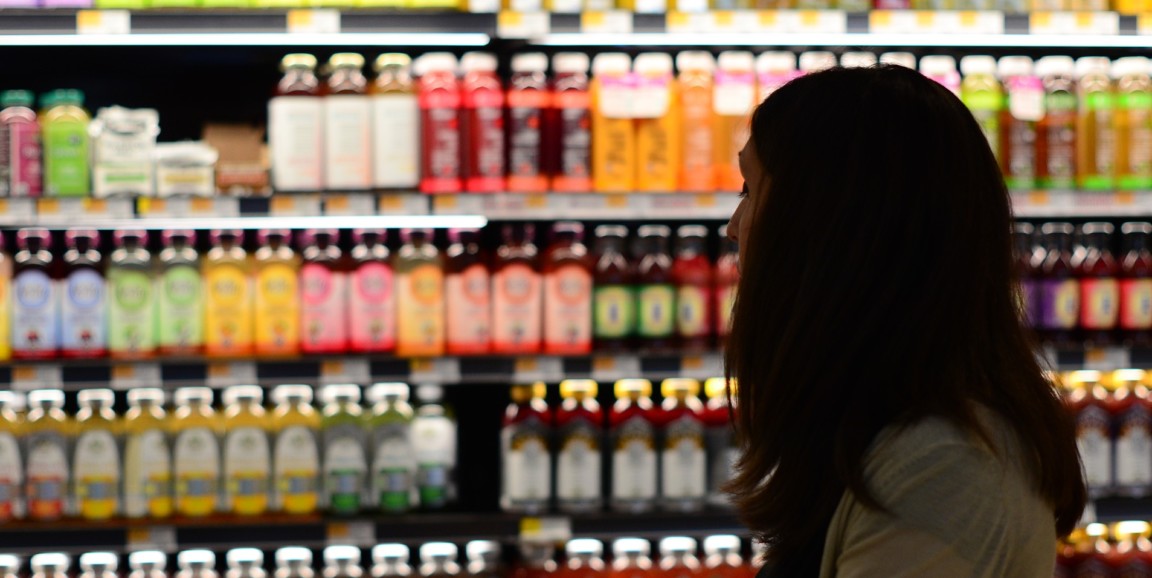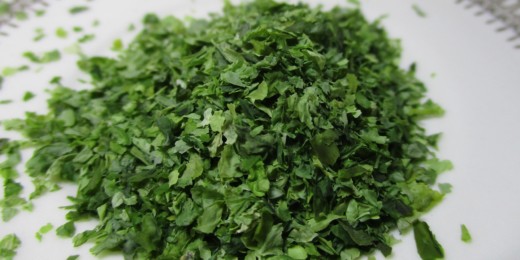Walk through your local grocery store and you can't miss the bottles of kombucha and yogurt packs piled high, touting the benefits of "active cultures." Or the capsules, tablets and even flavored gummies that promise to keep your system running smoothly.
They're everywhere, just like bacteria, which is what they are: Probiotics are live bacteria meant to reshape your body's resident community of microbes, known as the microbiome. Probiotic enthusiasts claim a dizzying array of potential benefits, from improved digestion to a stronger immune system. Some even think that probiotics could one day boost our mood and mental health.
The probiotics most consumers are familiar with come in one of two forms. Many foods -- including yogurt, buttermilk and kimchi -- are made with the aid of bacteria and often contain live microbes. Then there are purified live bacteria packaged as supplements and stored as hardy spores, freeze-dried or refrigerated.
Once probiotic bacteria reach the gut, the hope is that these newcomers -- which are veritable biochemical factories -- produce and respond to molecules from existing gut bacteria and our own cells in a way that makes us healthier.
But what does the science say? I reached out to some of Stanford's leading microbiome experts to better understand the hope and hype behind probiotics.
The promise of probiotics
Interest in probiotics is fueled by a growing body of research showing that the bacteria that call our gut home aren't just there for the free housing -- they digest fibers that we can't, produce essential vitamins, guide the development of our immune system and ward off disease-causing bacteria.
"Given that human health is likely tied to the communities of trillions of microbes that live inside our gut, what can we do to harness their beneficial capacities?" said KC Huang, PhD, professor of bioengineering and of microbiology and immunology.
There's good reason to think microbes can be strategically used to improve human health. A 2013 New England Journal of Medicine study reported that patients infected with Clostridium difficile -- a bacterium that can cause severe diarrhea and gut inflammation -- improved when their guts were colonized with stool samples from healthy donors.
It's a finding that echoes a century-old observation by Alfred Nissle, a German physician during World War I. Nissle discovered that stool from a German soldier resistant to dysentery and other gut-wrenching diseases had a strain of Escherichia coli absent in his ailing comrades. He hypothesized that this strain could treat patients with intestinal disease. It's an idea that lives on in modern probiotics -- as does the strain Nissle identified, known as E. coli Nissle, or by its commercial name, Mutaflor.
Since then, the probiotic industry has ballooned, and is expected to be worth $66 billion by 2024 according to San Francisco consulting firm Grand View Research. But do probiotics really benefit the 4 million U.S. adults who use them each year?
The conclusion of this article appears here.
Photo by kc0uvb






